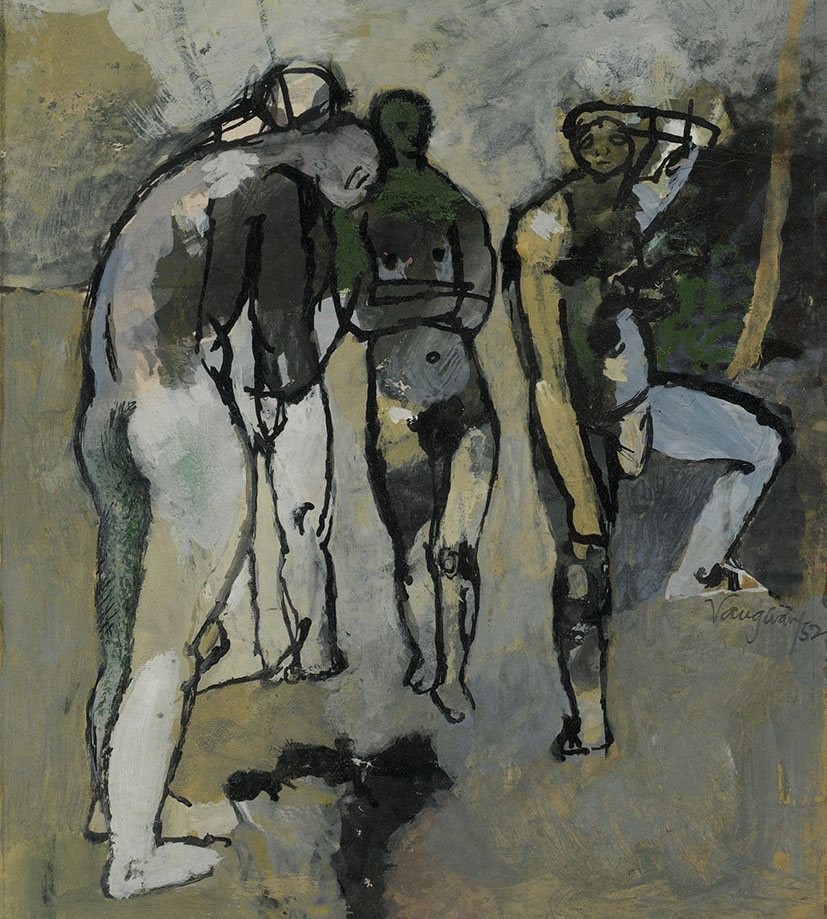Search results: 3642
2AR303-2019-20-SEM1 2AR303 | Photography Practice and Development | 2019-20 SEM1
- Enrolled students: There are no students enrolled in this course.
2AR304-2018-19-SEM2 Fine Art Exposition, 2018-19 SEM2
- Enrolled students: There are no students enrolled in this course.
2AR304-2019-20-SEM2 2AR304 | Fine Art Exposition | 2019-20 SEM2
- Enrolled students: There are no students enrolled in this course.
2AR305-2018-19-SEM2 Illustration Exposition, 2018-19 SEM2
- Enrolled students: There are no students enrolled in this course.
2AR305-2019-20-SEM2 2AR305 | Illustration Exposition | 2019-20 SEM2
- Enrolled students: There are no students enrolled in this course.
2AR306-2018-19-SEM2 Photography Exposition, 2018-19 SEM2
- Enrolled students: There are no students enrolled in this course.
2AR306-2019-20-SEM2 2AR306 | Photography Exposition | 2019-20 SEM2
- Enrolled students: There are no students enrolled in this course.
2AR308-2018-19-SEM1 Critical Enquiry 1, 2018-19 SEM1
- Enrolled students: There are no students enrolled in this course.
2AR308-2019-20-SEM1 2AR308 | Critical Enquiry 1 | 2019-20 SEM1
- Enrolled students: There are no students enrolled in this course.
2AR309-2018-19-SEM2 Critical Enquiry 2, 2018-19 SEM2
Critical Enquiry 2 is a transitional module that develops knowledge, modes of thinking and research skills that will be vital to next year’s Level Six studio and dissertation modules. It builds on the Level five Critical Enquiry 1 module to unite the contextual study and practice in Fine Art, Illustration and Photography. It begins with four lectures that introduce students to key thinkers such as Adorno, Baudrillard, Benjamin, and De Certeau to foreground the politics and dissemination of art practice as an agent of social change. In doing so the module will build upon the interplay of aesthetic experiences, materials, research and knowledge considered in Semester One. In so doing the module gives the student the critical tools with which to situate their work in the complex and diverse discourses that have informed creative practice up until the 21st century.
This module aims to enable students to:
- Understand principles of research enquiry to apply to their own practice;
- Have an enhanced critical vocabulary pertinent to their practice;
- Engage directly with academic led research enquiry;
- Form judgements based on diverse research material;
- Situate practice conceptually, historically, socially and culturally;
- Formulate a research proposal appropriate to their practice.
WHAT WILL HAPPEN OVER THE COURSE OF THE MODULE
In Semester Two the module begins with four keynote lectures that give you an orientation in key ideas, debates and practices that surround the politics of art’s reproduction, circulation and consumption. These four lectures will be accompanied by four seminars which will examine the key texts that underpin each week’s content. These four lecture/seminars will be followed by Practice as Research Week, during which time usual teaching will be suspended and students are invited to work in the studios alongside staff.
As part of PaRW the module will be hosting two trips, one to Manchester to see an exhibition of the work of Martin Parr amongst other shows, the other, for those with a specialist interest in sculpture, to the Henry Moore Institute in Leeds. Students can go to either or both, but they must sign up to one of them.
From Week 6 students are offered a choice of five Research Strands with which to develop their own research interests in preparation for their essay. Up until this point staff research interests have informed individual lectures and seminars, the Research Strands, however, draw on themes from current staff research projects. Students explore these themes with staff, reading and developing the research that underpins the project. The value of this collaboration for students is not only the development of the rigorous analysis, evaluation, research and communication skills that will be vital to the success of your work at Level Five and Six, but to also the active contribution it will make to contemporary research practice at the forefront of the field. At the end of the module you will be asked to reflect on the contextual, historical and philosophical courses to date to devise a dissertation proposal for Level Six.
Students will receive ongoing formative feedback through the seminars, research strands and tutorials. Throughout the semester they will continue to develop their critical vocabulary and communication skills.
Students will be provided with Readers of essential texts that must be read prior to the Seminars and Research Strands. At this level students are also expected to source their own appropriate research material.
Students who do not attend seminars and lectures will find it difficult to pass this module.- Enrolled students: 1



